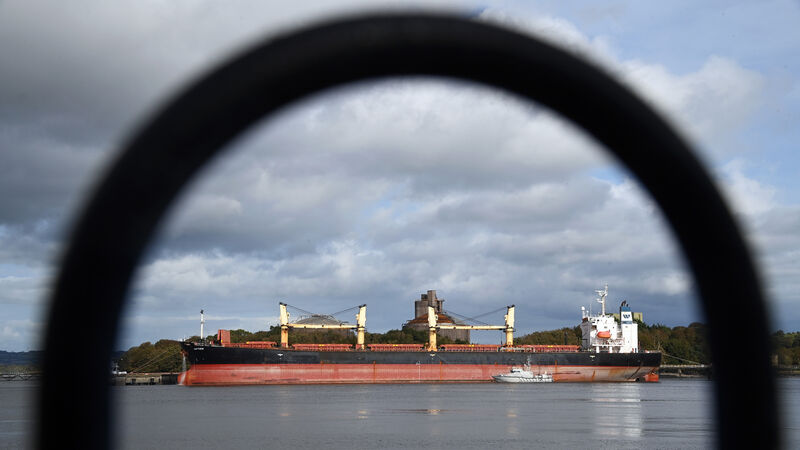Drugs trade a 'growing security threat', says EU Commission

The cargo ship, MV Matthew, berthed at Marino Point in Cork last month. A haul of cocaine with an initial value of €157m was found on the vessel according to Gardaí. Picture Denis Minihane
EU actions directed at dismantling criminal networks need to be "stepped up urgently", according to the European Commission.
Publishing an EU roadmap to fight drug trafficking and organised crime, the commission said the drugs trade was "one of the most serious security threats" facing Europe and said the danger was "escalating".














